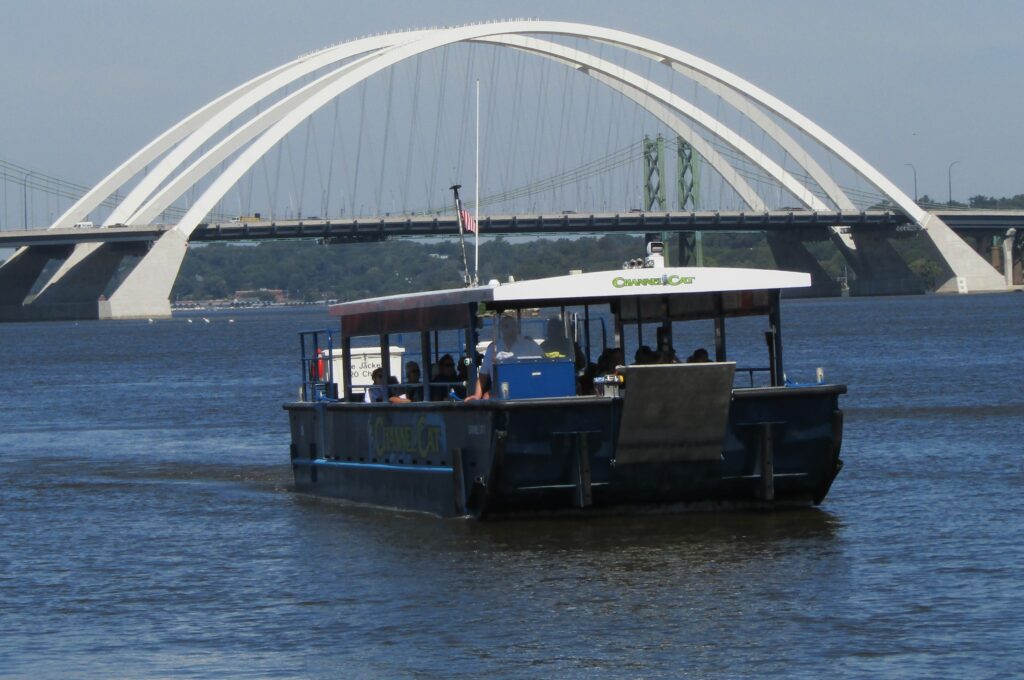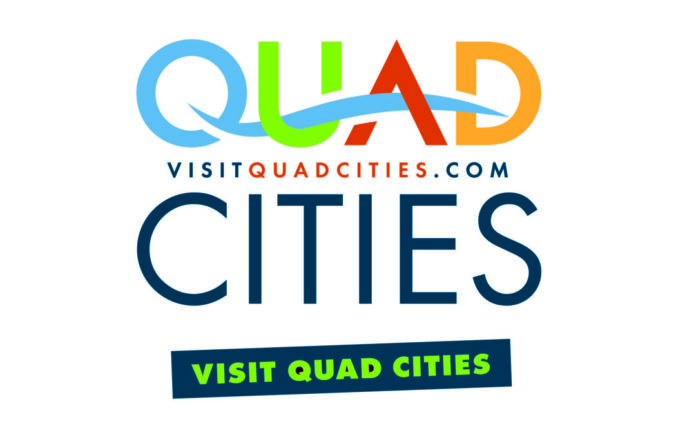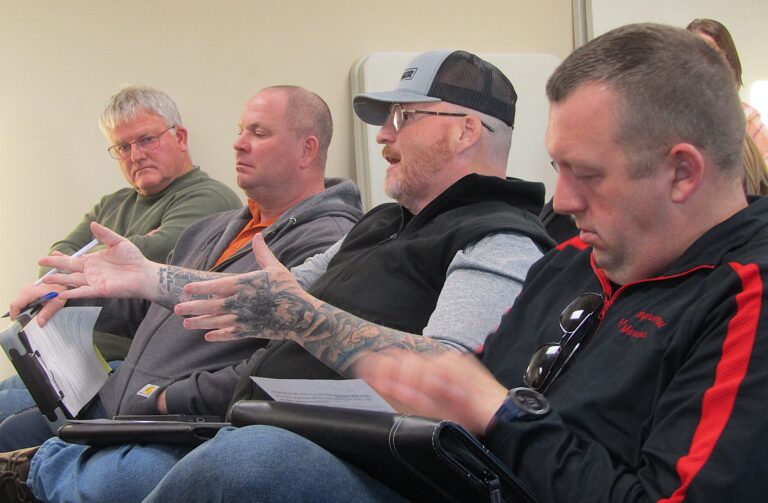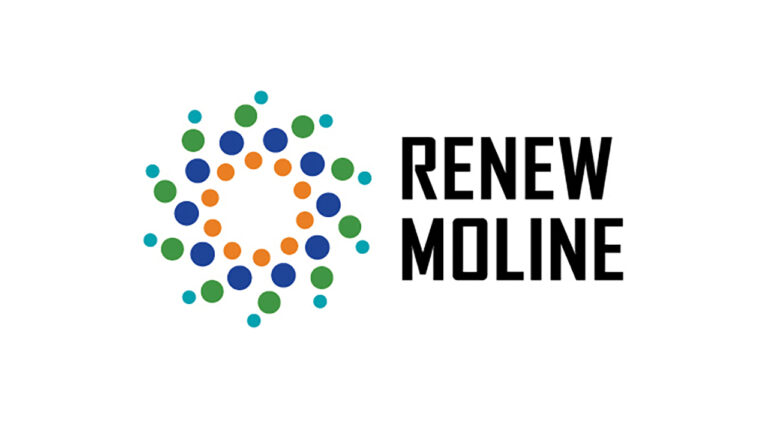The Rock Island County Metropolitan Mass Transit District (MetroLINK) will receive an $8 million federal grant to buy a new battery-electric ferry, charging equipment to support a zero-emission vessel along the Mississippi River, and to make landside improvements.
The project will improve service, reliability, and air quality for passengers taking the ferry across the Mississippi River between the Illinois and Iowa Quad Cities, according to MetroLINK officials. (Go here for a full list of grant recipients.)
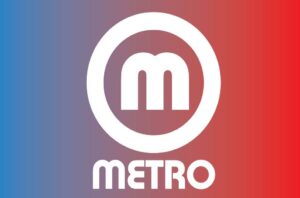
The new battery-electric ferry will be added to the Channel Cat fleet. MetroLINK officials on Monday, Sept. 16, did not know when the new ferry would be in service.
That grant for the new ferry is part of the U.S. Department of Transportation’s Federal Transit Administration (FTA) grants totaling nearly $300 million from President Biden’s Bipartisan Infrastructure Law to expand and modernize the nation’s ferry systems.
“We are beyond thrilled to be 1 out of 14 projects to be selected to receive FTA Electric/Low Emitting Ferry funds, to further our commitment to electrifying our community,” Jennifer Hirsch, manager of administration for MetroLINK, told the QCBJ in an email. “As a leader in clean technologies for over 20 years and with a fleet of battery electric buses already deployed, adding an electric ferry boat and charging infrastructure is a natural next step in our electrification journey.”
She added: “We thank the Biden-Harris Administration, our Congressional partners, and the Federal Transportation Administration for recognizing our efforts.”
Each year, 56 million trips are made on ferries in communities across the country, supporting the movement of people and goods, boosting local economies, and helping to lower costs for families, and providing connections for Americans who, in some cases, have no other alternative travel options, a news release from the FTA said.
“Ferries serve Americans who depend heavily on this form of transit because of where they live – and the Biden-Harris Administration is making sure people have access to more reliable, cleaner ferry service,” U.S. Transportation Secretary Pete Buttigieg in the release. “These funds will make it easier for Americans to move about their day while also protecting the rivers and waterways they depend on economically.”
In total, FTA is awarding 18 grants in projects in 14 states. Federal funding will support projects such as replacing old vessels with electric ships that reduce greenhouse gas pollution and improve air quality; expanding fleets; and building new terminals and docks. Of the 18 projects, eight are receiving federal support for environmentally-friendly propulsion technologies, such as electric ferries and charging equipment.
The grant for MetroLINK was the only FTA grant awarded to a project in the Midwest.
FTA’s ferry programs invest in improving ferry service in urban and rural communities by providing federal support to acquire modern, “greener” ferry boats and upgrading equipment to support high-quality, low-emission ferry service.
Some of the other projects awarded FTA grants include:
- The Alaska Department of Transportation & Public Facilities will receive $106.4 million to build a new ferry to replace a 60-year-old vessel. The new ferry, which will feature a diesel-electric propulsion system, will serve rural southwest Alaska, improving service, reducing greenhouse gas emissions, and preserving a vital transit lifeline.
- The San Francisco Bay Area Water Emergency Transportation Authority will receive $11.5 million to build two new electric ferries to support the agency’s emission-free ferry service between downtown San Francisco, Treasure Island and Mission Bay. The project will reduce congestion and provide fast, clean, and reliable ferry transit service to growing neighborhoods with limited street access.
- The Maine Department of Transportation will receive approximately $16.6 million to modernize rural ferry terminals in Lincolnville and Islesboro in northeast Maine, which were built in 1959. The project will improve safety, and state of good repair, and support the future operation of a new hybrid ferry that will service these two communities.

